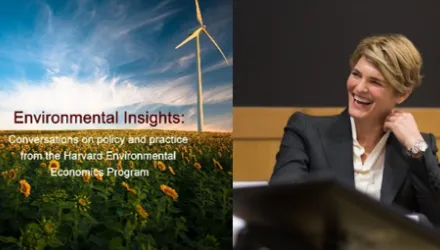Abstract
Concerns about adverse impacts on domestic energy-intensive and trade-exposed (EITE) industries are at the fore of the political debate about unilateral climate policies. Tariffs on the carbon embodied in imported goods from countries without emission pricing appeal as a measure to reduce carbon leakage and protect domestic EITE industries. We show that the introduction of carbon tariffs can do more harm than good to domestic EITE industries. Two determinants drive the sign and magnitude of EITE impacts. Firstly, the composition of embodied emissions in goods: if a large share of embodied carbon is imported in intermediate inputs, industries might suffer from carbon tariffs. Secondly, the share of domestic output that is supplied to the export market: while carbon tariffs level the playing field on domestic markets, they increase the cost-disadvantage vis-à-vis competitors from abroad in foreign markets.
Böhringer, Christoph, André Müller and Jan Schneider. “Carbon Tariffs Revisited.” Harvard Project on Climate Agreements, Belfer Center, March 2014



